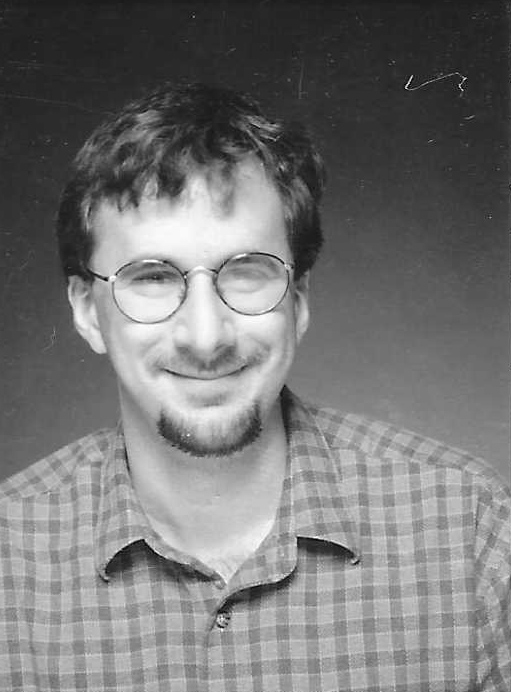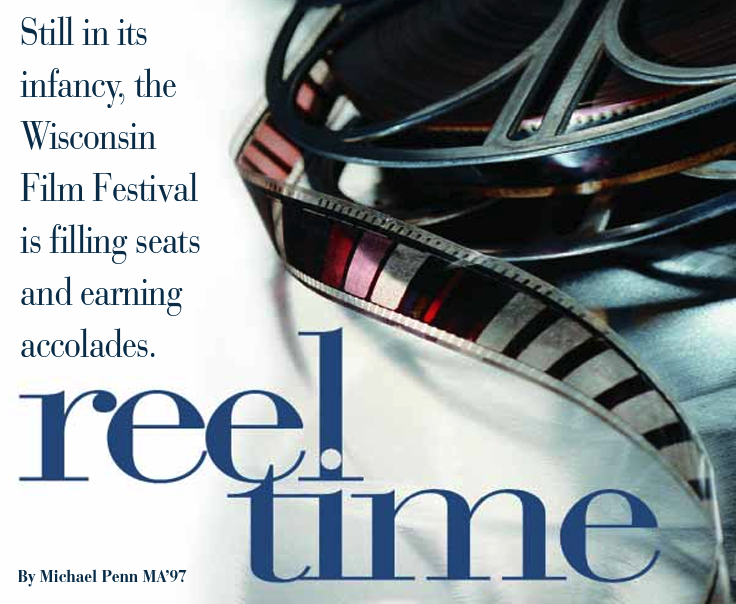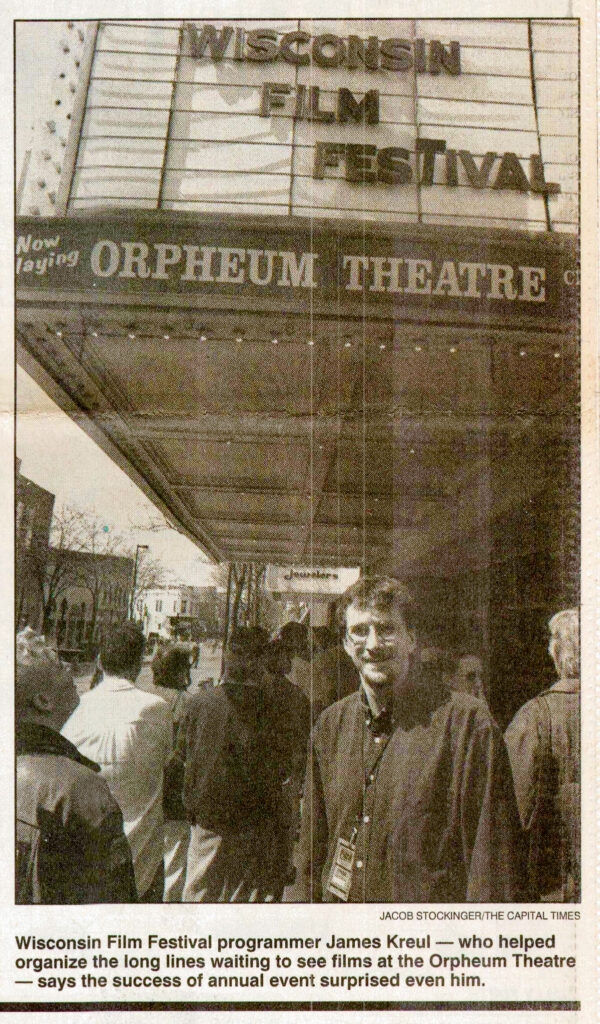Under Construction
Please read Introduction to the Documents Section

This page eventually will contain a gallery of documents related to the early years of the Wisconsin Film Festival, including promotional materials and press clippings. The documents will supplement upcoming blog posts about those early years, but my goal is not purely nostalgic (although that is one motivation). I believe that looking at the first five years of the Wisconsin Film Festival can provide much needed context for the current state of Madison’s film market and film culture in 2023.
Current and Future Sources
For the first part of this project, I’ll be drawing on my personal archive (also known as my attic). My boxes of saved ephemera will provide a lot of inspiration and information for blog posts in the coming months.

Part of my job at the time was assembling Festival press clippings for the 1999 and 2000 Festivals for a press packet to give to potential sponsors and partners. I have a copy of both of those press packets, along with many of the individual clippings, so it will not be difficult to recreate a nearly day-by-day account of some of the responses to the first two Festivals.
Some of these documents will be more personal in nature because, well, I saved them for myself. The image on the left, for example, is from a professional headshot session in advance of the 2000 Festival.
Another goal of this section to re-integrate important figures like Mary Carbine and Meg Hamel into the Festival history. Mary had a vision for the Festival, and her efforts towards professionalization, networking with downtown theaters and businesses, and reaching out to Wisconsin filmmakers outside of Madison created a unique university arts event that had significant reach and impact beyond the campus. Meg established a very hardworking and loyal volunteer base that the Festival still benefits from to this day, and she stepped up to the plate when it was unclear that anyone would (or could) do so after Mary’s departure.
When people say that they miss “the good old days” of the Festival, they’re talking about Mary’s days and Meg’s days. When people say that they wish Madison’s film market and culture could improve, those people could learn from Mary’s example and Meg’s example. Neither of them have received the credit that is due to them.
Long term, I’m looking forward to a new initiative at the Wisconsin Center for Film and Theater Research. The WCFTR has received a grant from the National Historical Publications and Records Commission for a project titled, “Expanding Film Culture’s Field of Vision: Processing and Sharing the Collections of Amos Vogel, Jump Cut, Angles, and the Wisconsin Film Festival.” I plan to make the occasional visit to the Wisconsin Historical Society, of course, as that project takes shape. But the WCFTR plan to digitally curate and increase access to selections from their Wisconsin Film Festival collection on a new website should allow me to guide you to their documents related to my posts.

Future Topics
Just to give a little tease, here are some topics I will likely write about using the materials I have already:
No Cheese for You: The Robert Redford Non-Story
The Day That the Wisconsin Film Festival Was Cancelled (And Then Wasn’t)
The Day That the Wisconsin Film Festival (As We Know It) Began
The Wisconsin Film Festival Viewed from 2003
That last topic will probably be the first blog post on the Festival that I will publish, drawing on two On Wisconsin (UW Alumni Association) Spring 2003 articles about the first years of the Wisconsin Film Festival and the legacy of UW-Madison campus film culture of the 1960s and 1970s.
Former Wisconsin Film Office employee Scott Thom commented on my Facebook post about this project that he took Film Office documents to the Wisconsin Historical Society when the Office shut down in 2005. I would be very curious to see if there are documents that reflect the Wisconsin Film Office’s take on “The Day that the Wisconsin Film Festival Was Cancelled (And Then Wasn’t).” We’ll see.
Meanwhile, stay tuned for more documents and images like this one, below.
